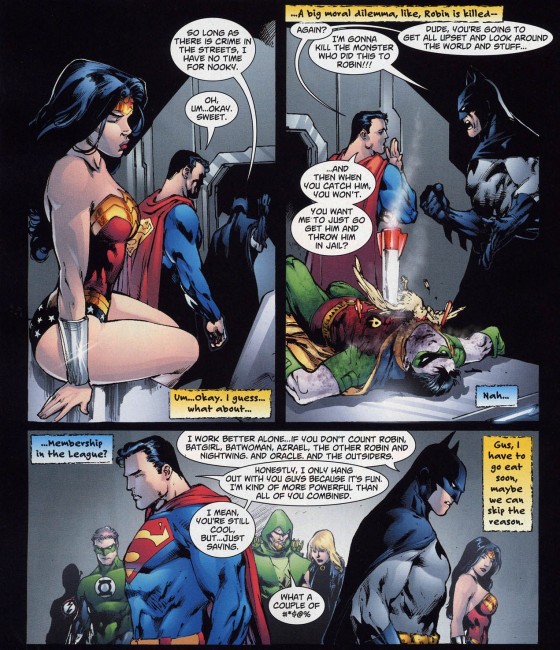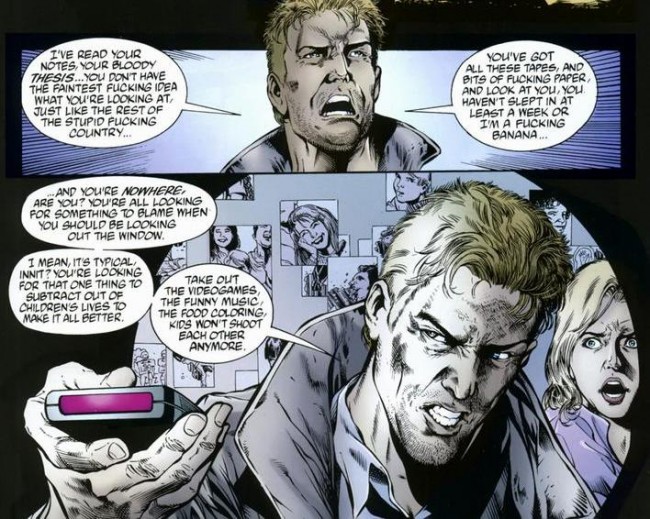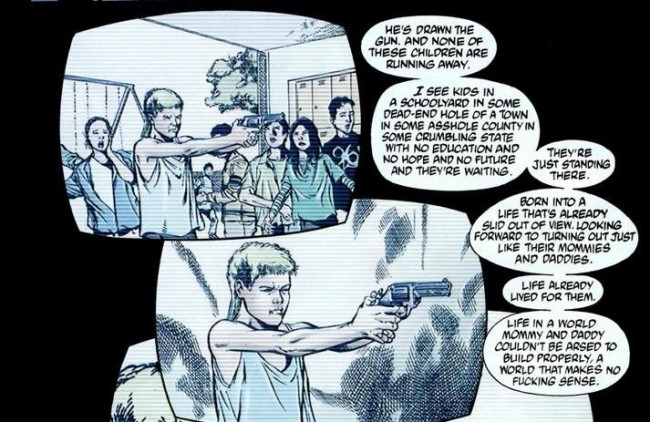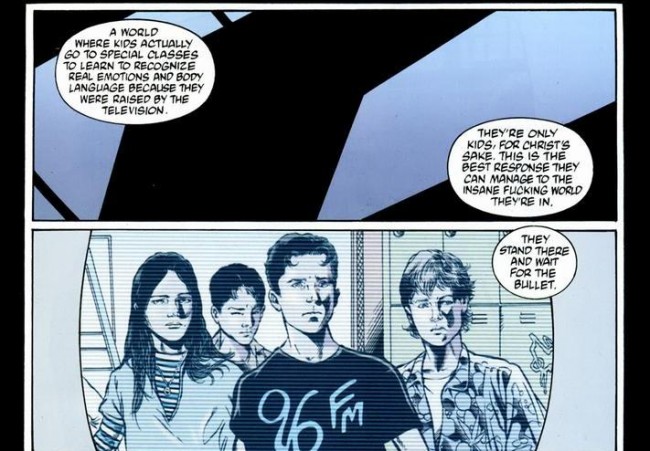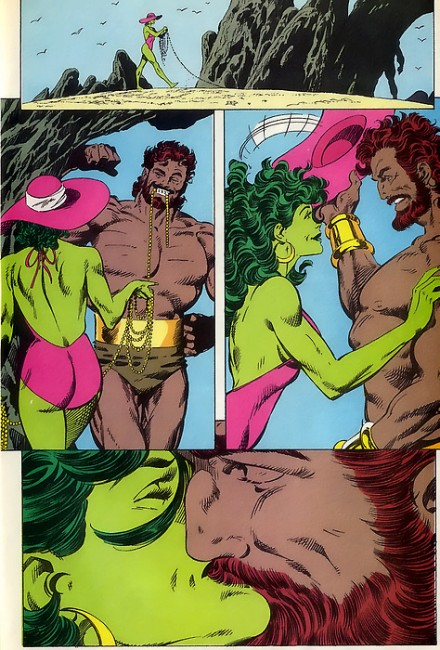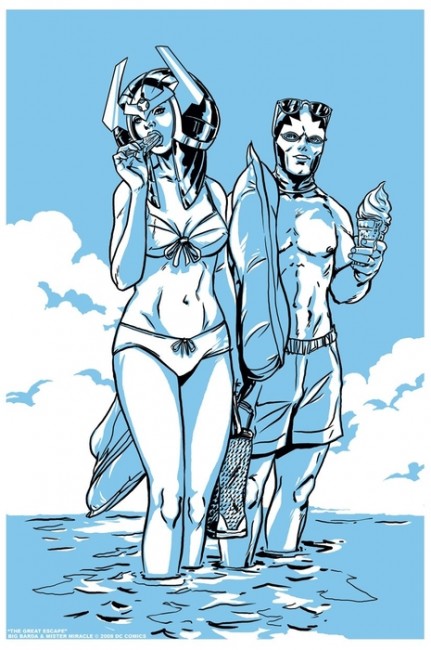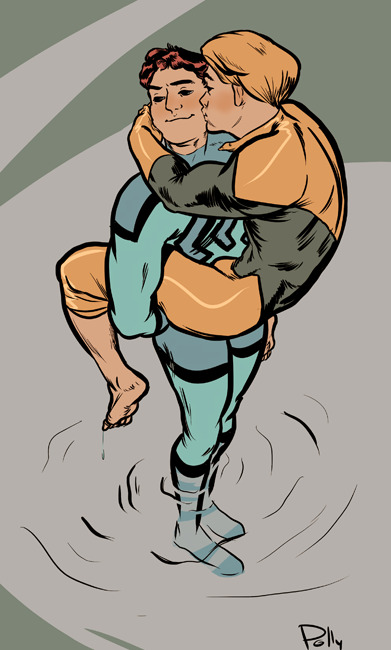
When what you want will destroy what you want
November 24th, 2010 Posted by Esther Inglis-ArkellLet me start by saying, “All hail Paul Cornell.” Between Action Comics and Knight and Squire he is rocking books set on both sides of the pond. Each book takes an unconventional look at superhero comics. Knight and Squire looks at a superhero team set in the English country side. Things are incredibly civil. The heroes and villains hang out together at a bar protected by a kind of truce magic, and both sides enjoy it. Everyone in town knows who Knight and Squire are, but no one says anything because that would be rude. It’s a relaxed look at an adventuring team.
Action Comics, which chronicle’s Lex Luthor’s quest to get the black lantern ring, is definitely not relaxed. It follows the most brilliant, driven man in the world, and that man has a chip on his shoulder. It’s a great read because Lex Luthor achieves real grandeur in his quest. His intelligence shines through, as does his moral code, which is a very primitive and appealing one; he has to be in control, and he won’t ever stop fighting to get control. He won’t back down. While it’s clear he’s not actually a good person, he has a greatness that lets you understand why people would follow him.
I just wish he’d stop killing people.
But he won’t, because he’s Lex Luthor.
Don’t get me wrong, I think that the character could be spun so enough that there is a comics series about how he’s just trying to do good and the conflict with Superman is a grudge match fueled by unfortunate misunderstandings. It’s just that stringing those misunderstandings together will result in making this character – the embodiment of strength of will – look ineffectual, and Superman – the embodiment of kindness – look petty.
I mean, I’ll still buy it. For crying out loud, I’m still checking out Green Arrow solicits trying to see some sign that they’ll bring Conner and Mia and Dinah and even Lian and Roy back. I buy comics long after they make me miserable. Pretty much every fan does. It’s just that sometimes we’re the cause of our own misery.
Deadpool started small and climbed up to multiple titles per month. People noticed a quality drop and didn’t like it. So Marvel started a poll to cut a Deadpool title and people didn’t like that either.
Batman was the lone vigilante in the night. Unwavering and infallible, he was a solitary soldier. But people liked that solitary soldier, and so he was put on team, in charge of teams, as an adversary or backer to teams. His world was crowded with followers and sidekicks and lovers and old friends, because people wanted to see more of him. And through it all, the writers struggled for that same, solitary, infallible persona. Eventually it got ridiculous, and it’s a good thing that Grant Morrison is ushering a Batman who embraces the group dynamic, because that “I am the night” thing wasn’t cutting it any more.
Comic mentality is often junkie mentality. People want more, faster, more intense. And then when they get a steady stream of stories artificially twisted around a marketable concept instead of one or two new takes, it’s never as satisfying as it should be. Everyone ends up frustrated. Fans because they aren’t getting what they want, and creators because they’re giving people exactly what they always said they wanted.
Sometimes we’re our own worst enemy.

